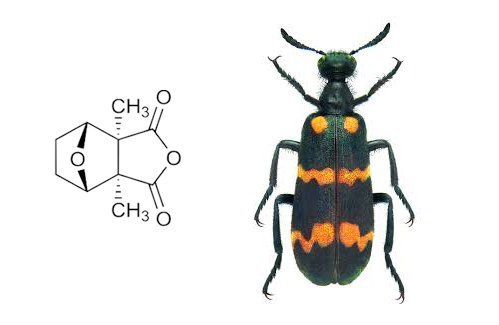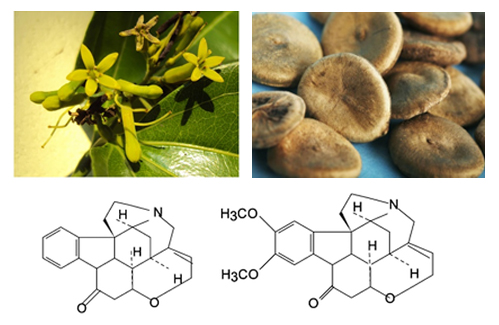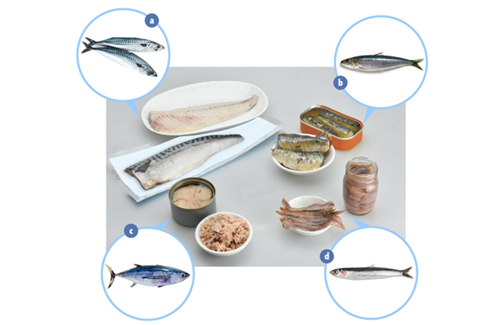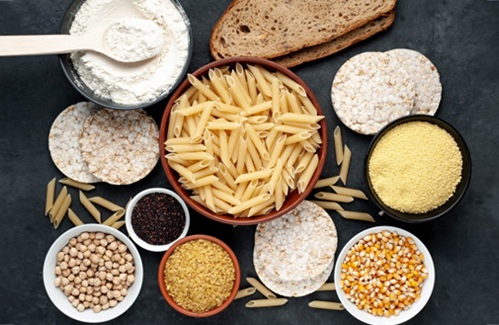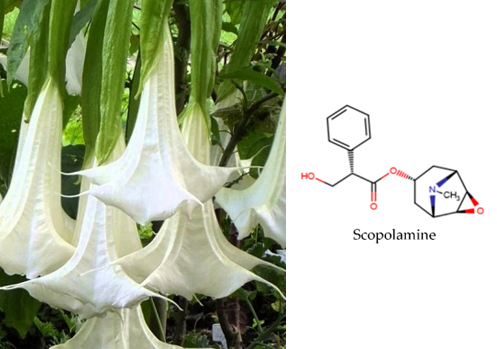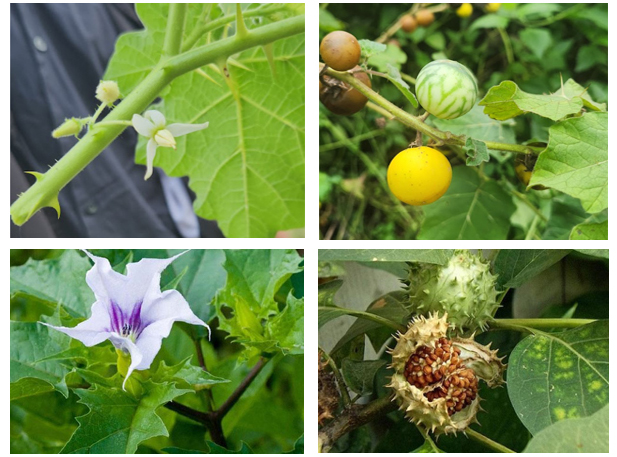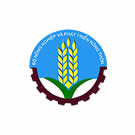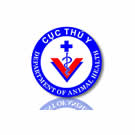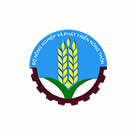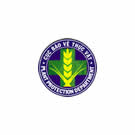- Folder Determine Cause of Poisoning
- Views 4606
- Last Updated 13/02/2023
Scopolamine is a natural toxin derived from Scopolia plants, plants of the Solanaceae family such as tomatoes, eggplants, and potatoes. Scopolamine is known as "devil's breath" due to its anesthetic, hallucinogenic, dementing and hypnotic effects. In Vietnam, there have been cases of food poisoning caused by scopolamine in provinces such as Lam Dong, An Giang, Phu Tho, Bac Giang, v.v.
1. "Devil's Breath" - What is Scopolamine?
Scopolamine, also known as "devil's breath", is a natural compound derived from Scopolia plants, plants in the Solanaceae family such as tomatoes, eggplants, and potatoes. In Vietnam, there are a number of representatives such as poison ivy, and bell flowers (also known as lilies in some places). Scopolamine is a parasympathetic inhibitor acting on muscarinic (sympathomimetic) receptors, a natural quaternary amine derivative. Its effects on the body include reducing secretions, slowing gastric contractions and bowel, relieving nausea, vomiting, and dizziness associated with motion sickness, and recovery from anesthesia and surgery. In addition, scopolamine has many undesirable effects such as an anesthetic effect and has the ability to lose people's mind and put people in a hypnotic state. This drug is considered the most feared drug in the world criminals often use it to erase the memory and temporarily lose consciousness of the victim.
2. Effects and harms of scopolamine
Scopolamine has a chemical formula of C17H21NO4 and a structural formula as shown in Figure 1. It is chemically colorless, odorless, tasteless, and volatile, but has the ability to produce strange dreams for people who inhale this drug. Due to its chemical structure, medicine can cause powerful delusions and hallucinations. In particular, scopolamine will prevent from the very beginning, not allowing memories to be formed, events that occur during the time the drug affects human nerves will not be recorded until the drug wears off. People can't remember what happened, it can cause amnesia to the same extent as the sedative diazepam. If used in high doses, it can be fatal. Scopolamine also makes the heart beat faster and causes agitation. Scopolamine can turn people into an unconscious form like zombies, or undead so the person affected by the drug cannot remember what happened.
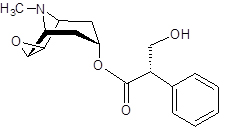
Figure 1: Structural formula of Scopolamine
Scopolamine has anticholinergic properties, has hallucinogenic effects, can cause constipation, photophobia, mydriasis, visual disturbances, dryness of the gastrointestinal tract and respiratory mucosa, and in severe cases can lead to death due to respiratory failure … [1,2].
3. Plants rich in scopolamine
Along with atropine and hyoscyamine, scopolamine is the main active ingredient of the tropane alkaloid group, commonly found in plants (especially in datura metel - total content from 0.2 - 0.5%, mainly scopolamine, in addition, there are hyoscyamine, atropine, and saponins, flavonoids, tannins, ... in negligible amounts).
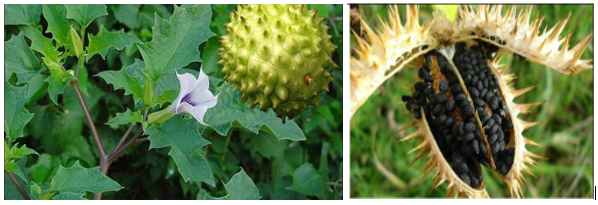
Figure 2: Datura metel
Scopolamine occurs mainly in plants of the genus Solanaceae such as nightshade, Jimsonweed, hawthorn, or angiosperms such as cruciferous, Convolvulaceae (eg, Erycibe henryi), Rhizophoraceae, … [3]. They often grow wild along roadsides, in fields, etc. and can be harvested along with crops. And it is for this reason that cereals are the most commonly contaminated foods with tropane alkaloids. The main food products contaminated by Tropane alkaloids include buckwheat, millet, sorghum and maize, vegetables, legumes, teas and infusions, oilseeds, dietary supplements, and honey.
4. Situation of poisoning by scopolamine and current regulations
According to the Ho Chi Minh City Law Newspaper, "The Devil's Breath" has been present in Vietnam for nearly 10 years. In many cases, victims were hypnotized, so they unconsciously took gold coins, and removed rings, and necklaces ... "goodwill" gave them to strangers who were contacted with scopolamine. Most of these victims when they wake up, they don't remember much and only vaguely remember that they fell into an empty state at that time, following the instructions of the opposite person unconditionally.
In Vietnam, plant with flowers very similar to the "devil's breath" tree grows quite popular in cold countries like Da Lat and Sa Pa. In these places, they are called by a number of names such as lilies or angel's lilies. People often get poisoning because they accidentally eat or smell the "devil's breath".
Most recently, in 2013, some people at Ky Quang Pagoda (Duc Trong, Lam Dong) because they saw beautiful flowers, one person picked about two dozen of the above-mentioned lilies and dipped them in a vegetarian hot pot meal at the temple. According to those present at the meal, because they saw strange flowers, only a few people dared to try them. When first dipping in a hot pot, people who eat flowers say that the flowers are delicious, sweet, and crispy. However, just 15 minutes later, all five participants who tried this flower had similar symptoms such as uncontrolled behavior, screaming, babbling, difficulty urinating, and fast heart rate... After being taken to the emergency room at Lam Dong Provincial General Hospital, the doctor said that these people had been hit by a poison capable of causing hallucinations.
Previously, in 2011, Lam Dong Provincial General Hospital also received a patient in a state of delirium, with strong hallucinations, and uncontrolled behavior. After being given first aid, this person said that because he saw lilies growing in beautiful fields, he smelled them.
A pan-European survey found that, when food samples collected in 2015 were tested for chemical contaminants, 2343 (11.2%) out of a total of 20885 analysis results were positive for tropane alkaloids.
The European Union under Regulation (EU) 2021/1408 dated 27 August 2021 amending regulation (EC) 1881/2006 has set a maximum limit for two substances belonging to the tropane alkaloid group, atropine and scopolamine in certain foods (Table 1).
Table 1: Regulates the maximum limit of atropine and scopolamine in certain foods
|
Foodstuffs |
Maximum level (µg/kg) |
|
|
Atropine |
Scopolamine |
|
|
Processed cereal-based foods and baby foods for infants and young children, containing millet, sorghum, buckwheat, maize or their derived products |
1,0 |
1,0 |
|
|
Sum of atropine and scopolamine |
|
|
Unprocessed millet and sorghum |
5,0 as from 1 September 2022 |
|
|
Unprocessed maize with the exception of: + unprocessed maize intended to be processed by wet milling and + unprocessed maize for popping |
15 as from 1 September 2022 |
|
|
Unprocessed buckwheat |
10 as from 1 September 2022 |
|
|
+ Maize for popping + Millet, sorghum and maize placed on the market for the final consumer + Milling products of millet, sorghum and maize |
5,0 as from 1 September 2022 |
|
|
+ Buckwheat placed on the market for the final consumer + Milling products of buckwheat |
10 as from 1 September 2022 |
|
|
Herbal infusions (dried product) with the exception of the herbal infusions of anise seeds |
25 as from 1 September 2022 |
|
|
Herbal infusions (dried product) of anise seeds |
50 as from 1 September 2022 |
|
|
Herbal infusions (liquid) |
0,20 as from 1 September 2022 |
|
In Vietnam, there is no standard method to analyze and determine scopolamine as well as tropane alkaloids in food, so it is necessary to develop a way to determine scopolamine and tropane alkaloids in food, contributing to reduce the poisoning by tropane alkaloids.
REFERENCES
[1] Kamarul Zaman and Mohamad Azzeme, (2019), “Plant toxins: alkaloids and their toxicities” / GSC Biological and Pharmaceutical Sciences 2019, 06(02), 021–029.
[2] Sicong Li, Xin Liu, Xiaoran Chen, and Lei Bi, (2020), “Research Progress on Anti-Inflammatory Effects and Mechanisms of Alkaloids from Chinese Medical Herbs”, Evidence-Based Complementary and Alternative Medicine, Volume 2020, Article ID 1303524, 10 pages.
[3] Chan, T. (2017). Worldwide Occurrence and Investigations of Contamination of Herbal Medicines by Tropane Alkaloids. Toxins, 9(9), 284.





